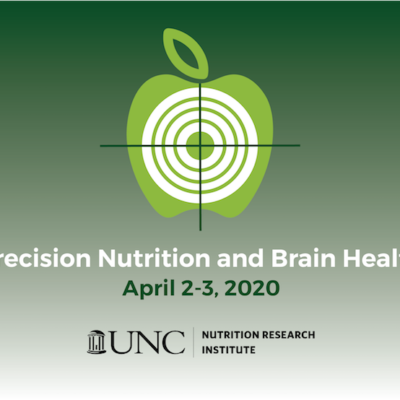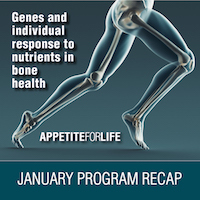Microbiome and Nutrition
The complex community of bacteria, yeasts and viruses living in our intestines, collectively known as the gut microbiome, is shaped, in part, by what we eat. Genetics, environment, and other factors also influence an individual’s microbial community. Research at the NRI investigates these complex relationships and their impact on disease risk. We use animal models and bioinformatics to study the associations between nutritional metabolites, gut microbiome, and health. What happens in the gut doesn’t stay in the gut. Your microbiome can play a role in cardiovascular disease, obesity and diabetes, and even cancer. Our team envisions a future where analysis of your microbiome can determine disease risk, and medical foods can be prescribed to treat and prevent disease by regulating the microbiome.
Publications
Microbiome and Nutrition Publications
2020
Population studies of TMAO and its precursors may help elucidate mechanisms. Meyer K
2019
Association of dietary patterns with the gut microbiota in older, community-dwelling men. Meyer K
2018
Meta-analysis of human genome-microbiome association studies: the MiBioGen consortium initiative. Meyer K
Human microbiota, blood group antigens, and disease. Sumner S
2017
Trimethylamine N-Oxide, the Microbiome, and Heart and Kidney Disease. Zeisel S
2016
Diet and Gut Microbial Function in Metabolic and Cardiovascular Disease Risk. Meyer K
Antibiotic-mediated gut microbiome perturbation accelerates development of type 1 diabetes in mice. Sumner S
Related News
Symposium Abstract Diversity Scholarship Confirmation
Thank you for registering for the Precision Nutrition and Brain Health Symposium and submitting a scholarship application. The Scholarship Committee will contact you regarding your application. If you have any questions regarding your abstract submission and...
February AFL Program Recap: “Food and Nutrition Myths That Never Go Away: Time to Debunk Them”
February 26, 2020 – If you missed February’s Appetite for Life Presentation by Cecilia Kwan, PhD, RD, you can catch up. Click through to this post and watch the entire program on video. The live presentation took place at Rowan-Cabarrus Community College in Kannapolis on Thursday, February 19, 2020.
March 2020
Precision (Personalized) Nutrition: Understanding Metabolic Heterogeneity February 28, 2020 –People differ in their requirements for and responses to nutrients and bioactive molecules in the diet. Many inputs contribute to metabolic heterogeneity (including variations...
Precision (Personalized) Nutrition: Understanding Metabolic Heterogeneity
February 24, 2020 -People differ in their requirements for and responses to nutrients and bioactive molecules in the diet. Many inputs contribute to metabolic heterogeneity (including variations in genetics, epigenetics, microbiome, lifestyle, diet intake, and environmental exposure).
January AFL Program Recap: “Genes and Individual Response to Nutrients in Bone Health”
January 22, 2020 – If you missed January’s Appetite for Life presentation by Saroja Voruganti, PhD, you can catch up. Click through to this post and watch the entire program on video. The live presentation took place at Rowan-Cabarrus Community College in Kannapolis on Thursday, January 16, 2020.
Herman Freeman III
Research Technician, Sumner LabMr. Freeman joined the NRI as a research technician in the Sumner Lab in October 2019. He is learning the foundations of, and expanding his knowledge of, metabolomics research and how it is applied in fields today. He works...





